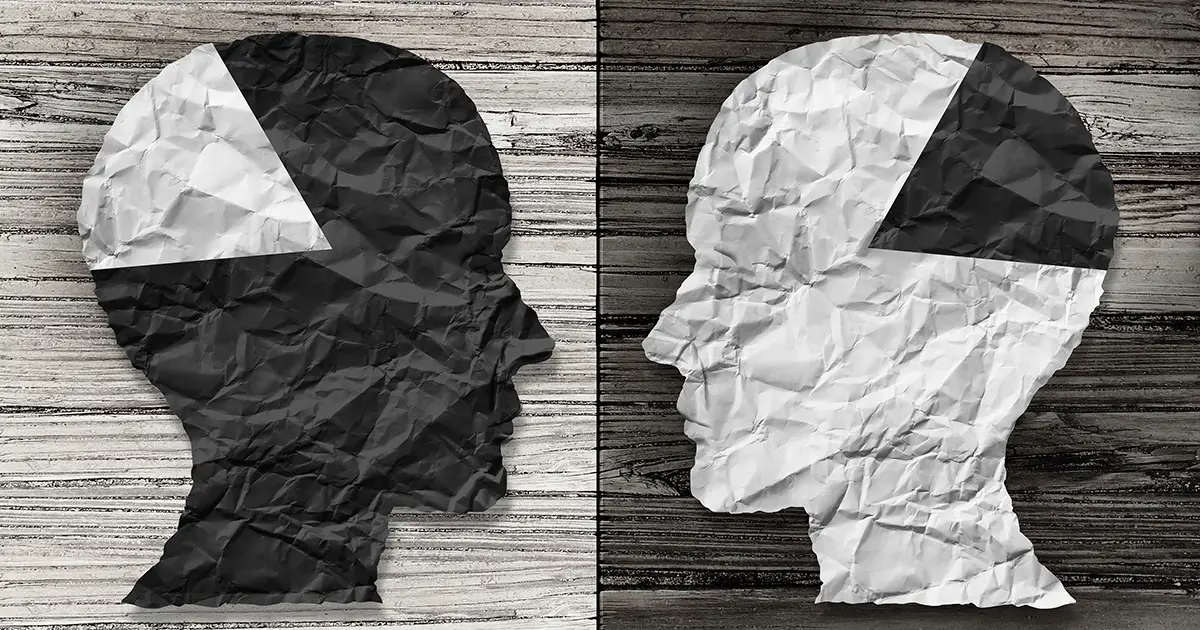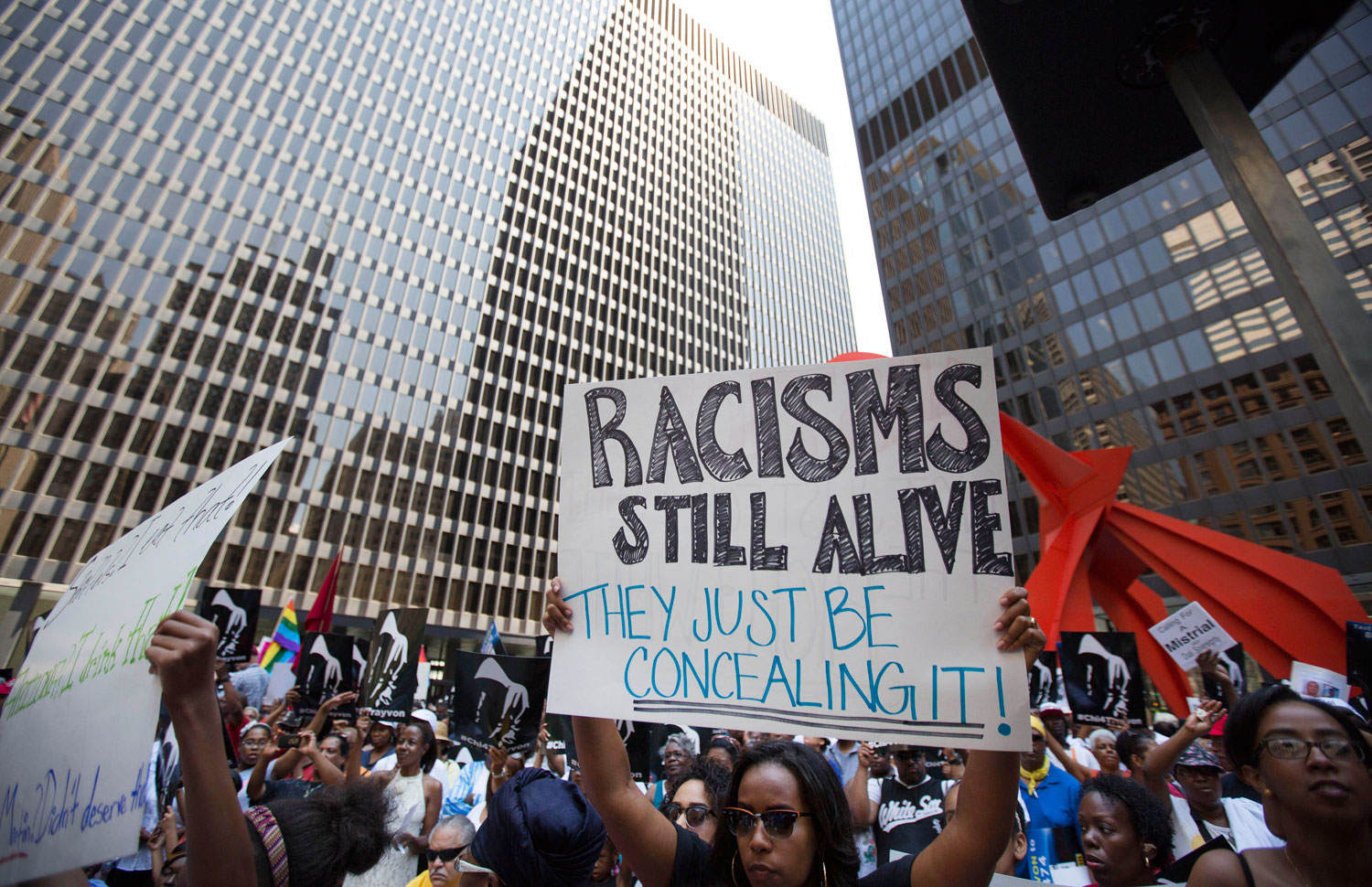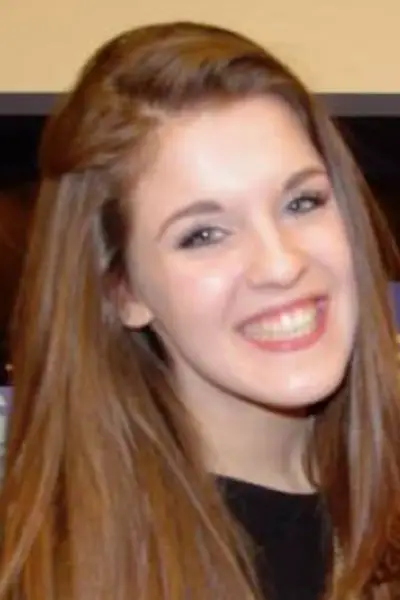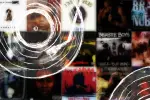If your white friend likes to remind you that they have a black friend after using offensive racial slurs, it’s a good sign that they are casually racist.
If they hate diversity conversations and say that racism doesn’t exist, they sound like the exact people who’ve prompted me to write this article. These people, these covert racists, live among us. But rather than wear their racism on their swastika-cladded sleeves, they’re more discrete about it and attempt to disguise it.
So, how do we unveil the bigots in sheep’s clothing? Typically, it’s a lot easier to spot a covert racist than you might think.

Recently, I was able to meet one of my own. I work in retail and I get to meet a plethora of beautiful people every single day. My job entails talking to people who a lot of times are the absolute worst, but I, like the coverts, have to disguise my true feelings when interacting with a jackass. And the worst type of jackass is the racist one.
Last week, a lady and her two daughters came into my store. Like any other customer, I treated them with excitement and gratitude that they were stopping by. After a few minutes of shopping, my associate prepared a fitting room for this family. Right around the same time another manager in the store, Kayla, returned from break. She was working on reorganizing some things around the store and found her way to the fitting room.
The lady had her door open and her two daughters were in the hallway. When Kayla entered the room, the lady quickly hushed her kids, shot a death glare at Kayla and told her daughters to quickly come back in while she slammed the door shut. This struck Kayla as very odd. This family had not treated any of the other staff in the same way but then again, Kayla was the only black associate they had interacted with.
Before jumping to any conclusions, we decided to assume that maybe this mother was just startled that someone had entered the fitting room. But the attendant had been entering the fitting room frequently along with many other customers to whom she did not react as ostentatiously. Regardless, Kayla and I continued about our business and maintained an environment of acceptance for this family.
However, Bigoted Brenda and her clan of two were not finished with their racist display. Whenever they completed their shopping and continued to the register, the cashier asked them who helped them. Shamelessly, she referred to my Mexican-American associate as the “not-American one.” What?? Did she really just call her the NOT American one?
As she spoke those words, my mouth genuinely opened in a disbelieving gape. This confirmed to me that her previous act had been conducted with the same level of ignorance and racism that it took to claim that because my associate had brown skin, she was not American. And during it all, she maintained a pretentious smile and was so condescendingly polite. These are a few tells of covert racism.
But, there are many other ways someone can display their biases in a nonchalant and inconspicuous way and not all are fueled by hatred, just ignorance.
A few years ago, I was driving around with my aunt. As we were crossing through the parking lot, a family crossed the street in front of us. My aunt kindly said, “ That little black girl is so pretty.” This was a fairly innocent comment about the cutest little kid either of us had seen in a while, but why was race even mentioned? This was the only family in the parking lot a part from us and a racial indicator was completely irrelevant. I asked my aunt, “If she was a white girl, would you have mentioned her race?” This started a very engaging conversation between us about how we interact with races different than our own. As pure as the intention was to this comment, it still registers on the covert racism scale. But hey, not as high as people who pretend to be colorblind, so I can at least appreciate my aunt for that.
While spotting covert racism might not be too difficult, dealing with it sometimes is. Especially because when people wrap up their racism in pretty packaging, they think they are actually doing the world a favor. So, now that we’ve sheered the sheep and uncovered the bigots, what do we do?
It depends on context.
Remember Bigoted Brenda? Well, because I was in my place of employment, I had to keep my mouth shut. But, her level of ignorance in any other environment would’ve encouraged me to very directly call her out. I tend to be confrontational about things I that feel are injustices, so I would have gladly asked her, “Who exactly are you referring to as not-American? Oh, the one who looks different than you? What does it mean then to be American? Also, where does your next KKK meeting take place, ya little shit?!” But again, context is very important.
What I’ve found is most powerful in combating covert racism is having engaging conversations with people. Like how my aunt and I were able to analyze why race was mentioned and like how my coworker and I were able to talk about why she calls security any time a black person comes into the store. There are existing threads of racism that still pump through the veins of the American conscious, and while we may not be able to cut every single one, we can at least confront them and acknowledge them.
Through mindful assessment, we can make changes to not only the biases people around us possess, but also the biases we ourselves possess. When we commit to divulging discrimination that’s intended to be shrouded with euphemism, we will start not just combating covert racists but converting them.
While Bigoted Brenda infects the world with smiley-faced hatefulness, you don’t have to sit by and listen. Whether it’s your neighbor, your coworker or even a family member, call out covert racism when you hear it and please, let your buddies know that having a token black friend does not permit them to claim racism is dead.


















[…] movie also does an exceptional job at highlighting covert racism. They don’t portray Rose’s family as stereotypical with a white father in a confederate flag […]